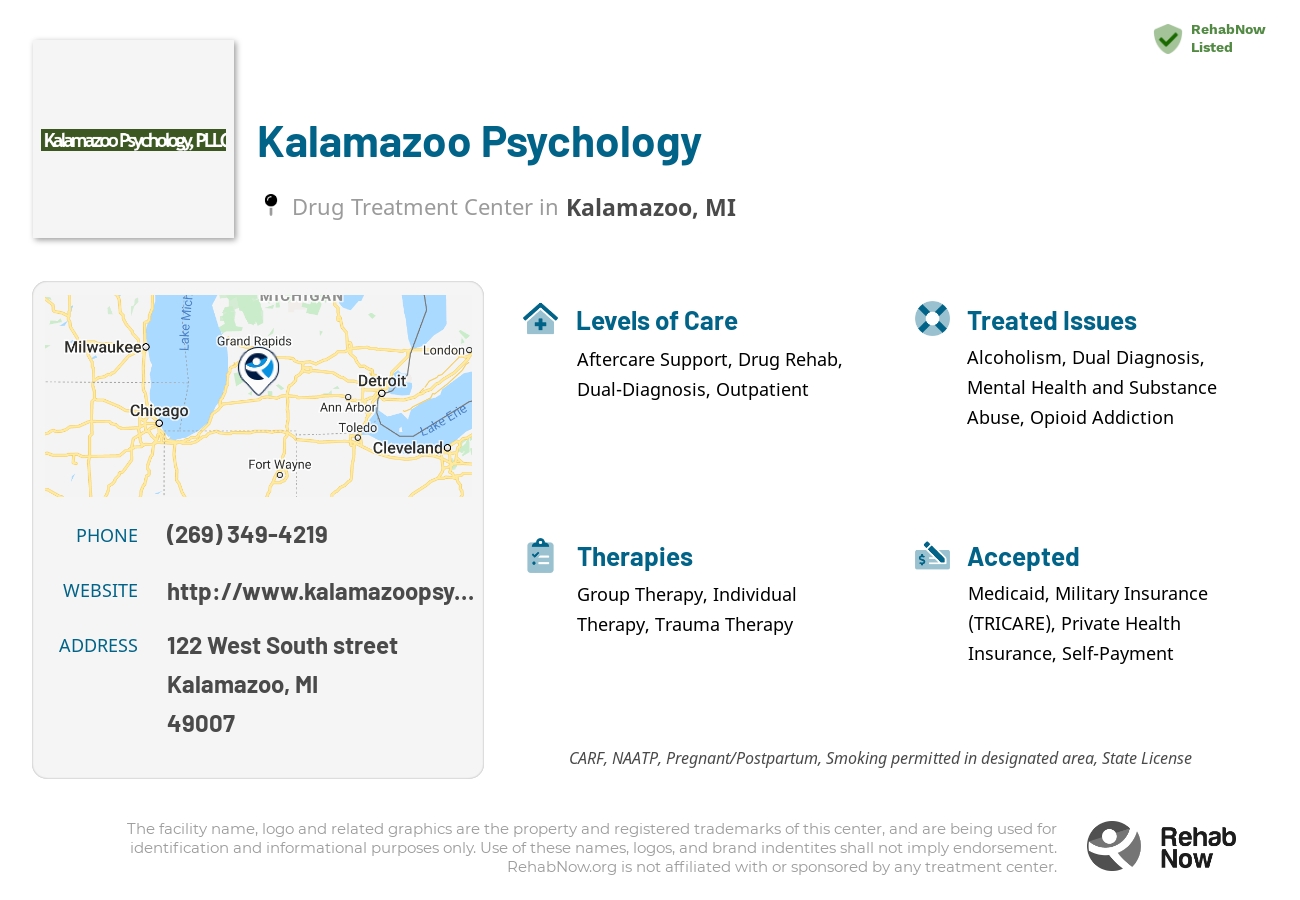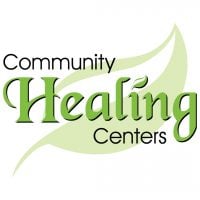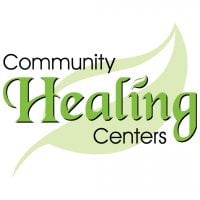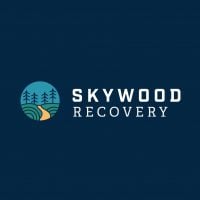
Kalamazoo Psychology
Drug Rehab Center in Kalamazoo, Michigan
- Opioid Addiction
- Dual Diagnosis
- Drug Addiction
- Alcoholism
Kalamazoo Psychology is a behavioral health practice in Michigan with over 60 years of experience, providing innovative and evidence-based treatments for adults and children dealing with addiction and substance abuse through personalized treatment plans and referral services.
About Kalamazoo Psychology in Michigan
Kalamazoo Psychology, located in in Kalamazoo, Michigan, is a renowned behavioral health practice with over 60 years of experience. Offering a compassionate, skilled, and innovative approach to their clients’ mental health, the trained professionals at Kalamazoo Psychology use a combination of evidence-based treatments to serve both adults and children in the Greater Kalamazoo area.
Kalamazoo Psychology offers a variety of services to those dealing with addiction and substance abuse. Through individual and group counseling, Kalamazoo Psychology works closely with clients to develop a personalized treatment plan. Patients are able to address their substance abuse issues through cognitive behavioral therapy and positive reinforcement techniques. Additionally, Kalamazoo Psychology provides referral services for those who require further medical or psychological treatment.
Kalamazoo Psychology is an accredited facility, and its highly trained staff is certified in multiple evidence-based modalities. Kalamazoo Psychology regularly participates in ongoing education and training to ensure they are providing the most up-to-date and effective care. In addition to offering top-notch treatment, the facility is passionate about raising awareness about addiction and substance abuse, and is a tireless advocate for the community.
Genders
Ages
Modality
Additional
Conditions and Issues Treated
Many people who struggle with opioid addiction need to attend specific programs like methadone , Suboxone or Vivitrol clinics.
These types of programs will provide the patient with legal, prescription medications that can help them overcome their cravings for illegal opioids like heroin or fentanyl . If the patient has a chronic condition like Hepatitis C, they must undergo treatment before they can begin taking these medications.
Dual Diagnosis is a specific relationship between two or more disorders that have the same symptoms and can sometimes be treated together. This is used in the treatment planning process when dealing with drug addicts. Dual diagnosis can be viewed as a chronic medical condition that has comorbid psychiatric disorders.
Although addiction and a mental illness may have separate symptoms that are not easy to detect, they often go hand in hand. Many times, drug abuse is a direct result of the mental illness. In other words, treating the addiction will not resolve all of your issues. Unless you also treat the underlying mental illness, you will not be successful in achieving sobriety.
Levels of Care Offered
This center offers a variety of custom treatment tailored to individual recovery. Currently available are Aftercare Support, Drug Rehab, Dual-Diagnosis, Outpatient, with additional therapies available as listed below.
An outpatient treatment program is set up to help with alcohol or drug addiction, or a co-occurring disorder. The patient must attend the Michigan facility for their therapy and other programs but are able to return home each night. The frequency of mandatory attendance decreases after much of Kalamazoo Psychology‘s program is complete.
Aftercare is a term that’s used to refer to any sort of continuing care offered for a drug addict who has voluntarily entered a rehabilitation program. This type of care can be provided in several settings, including outpatient therapy sessions after the addict has completed an inpatient program. There are also 12-step support groups, such as Alcoholics Anonymous, which can provide additional help for addicts trying to stay sober.
Therapies & Programs
Individual Therapy is a critical component of addiction recovery. Therapists work with patients to identify the root of their addiction and figure out how to better handle the issues that led to them using drugs. Individual Therapy is the one-on-one session where people meet with their therapist. Individual therapy provides a safe space for people to open up and discuss personal and sensitive topics which they may not feel comfortable discussing in a group setting.
Group Therapy is utilized by drug treatment centers like Kalamazoo Psychology to provide the recovering drug addict with a platform to talk about their feelings and experiences. It also provides for an opportunity to learn from other addicts who have successfully overcome their addiction.
Group Therapy is employed in lectures, seminars, or discussion groups (the latter two are typically conducted as “therapy groups”). It is recommended that all group members be recovering addicts for this type of therapy to work (though it does not exclude others with lived experience).
Trauma therapy is a clinical process that helps individuals deal with mental stress often caused by traumatic events. It is generally done for children, teenage victims of sexual assault, and war veterans. The therapist helps the person identify, understand and work through the problem. This is done with the help of talking about it in group or one-on-one counseling sessions. Therapists use relaxation, role-playing, art, and music to help the person open up about what is bothering them.
Cognitive behavioral therapy is also a popular service for individuals living with addiction. This type of supportive treatment uses both one-on-one counseling and group sessions to teach addicts how to identify thoughts, behaviors and emotions that might increase their risk of relapse.
These professionals can help addicts develop coping skills for managing stress, improving self-esteem and overcoming triggers. They might also use behavioral therapy to help addicts learn how to avoid cravings and warning signs that could lead them back into addiction.
Therapy can be used as a step-down from inpatient treatment or as the primary method of overcoming an addiction. No matter which option is best for the addict, they will teach important emotional coping techniques, which can make it easier for addicts to get through the tough days.
Payment Options Accepted
For specific insurance or payment methods please contact us.
Is your insurance accepted?
Ask an expert, call (888) 674-0062
Additional Details
Specifics, location, and helpful extra information.
Kalamazoo, Michigan 49007 Phone Number(269) 349-4219 Meta DetailsUpdated November 25, 2023
Staff Verified
Kalamazoo Psychology Patient Reviews
There are no reviews yet. Be the first one to write one.
Kalamazoo, Michigan Addiction Information
Michigan has the second-highest rate of drug and alcohol abuse in the nation. Heroin is linked to more than 50% of the state's hepatitis C cases. Marijuana is the drug most often associated with crimes in Michigan, followed by methamphetamines. Opioids alone are responsible for almost 20% of all drug overdose deaths in Michigan.
Kalamazoo, Michigan has a serious drug addiction and abuse problem. In 2016, there were 120 drug overdose deaths in Kalamazoo County - a rate of 18.6 per 100,000 people. The most commonly abused drugs are marijuana, heroin, and prescription opioids. Families are affected, with many children being left without parents due to addiction. In Kalamazoo, MI, there are a variety of treatment facilities that offer different types of care.
Treatment in Nearby Cities
- Gaylord, MI (194.7 mi.)
- Benzonia, MI (163.3 mi.)
- Grand Blanc, MI (108.8 mi.)
- Mio, MI (178.9 mi.)
- Capac, MI (143.7 mi.)
Centers near Kalamazoo Psychology


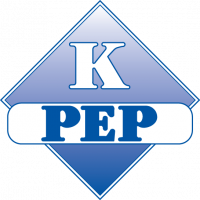
The facility name, logo and brand are the property and registered trademarks of Kalamazoo Psychology, and are being used for identification and informational purposes only. Use of these names, logos and brands shall not imply endorsement. RehabNow.org is not affiliated with or sponsored by Kalamazoo Psychology.

